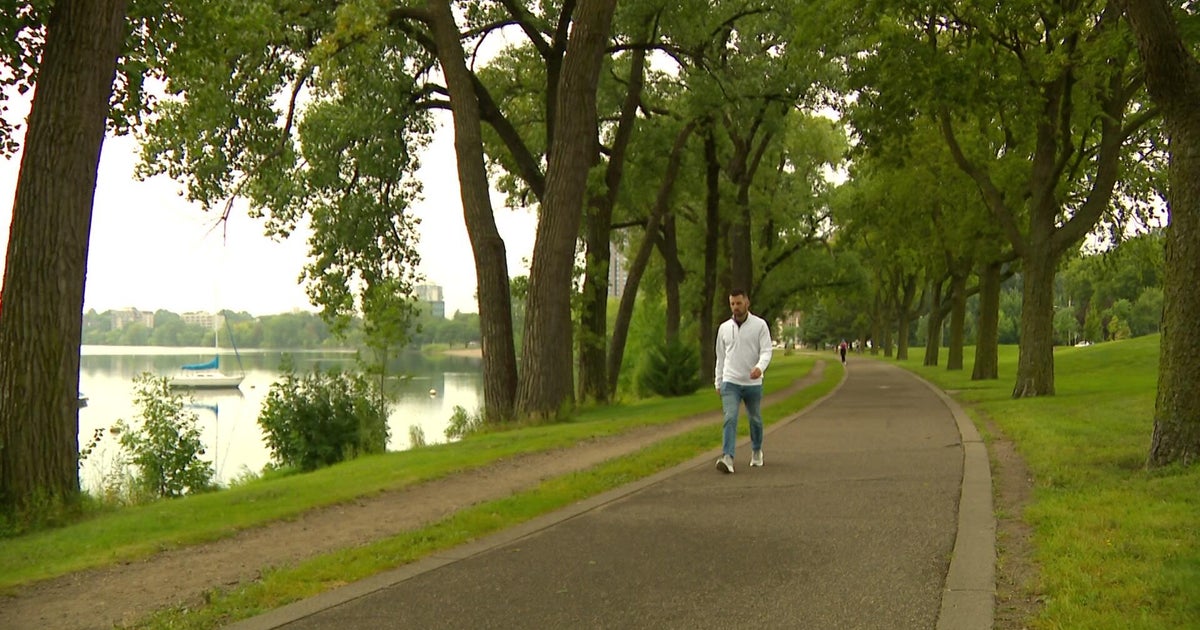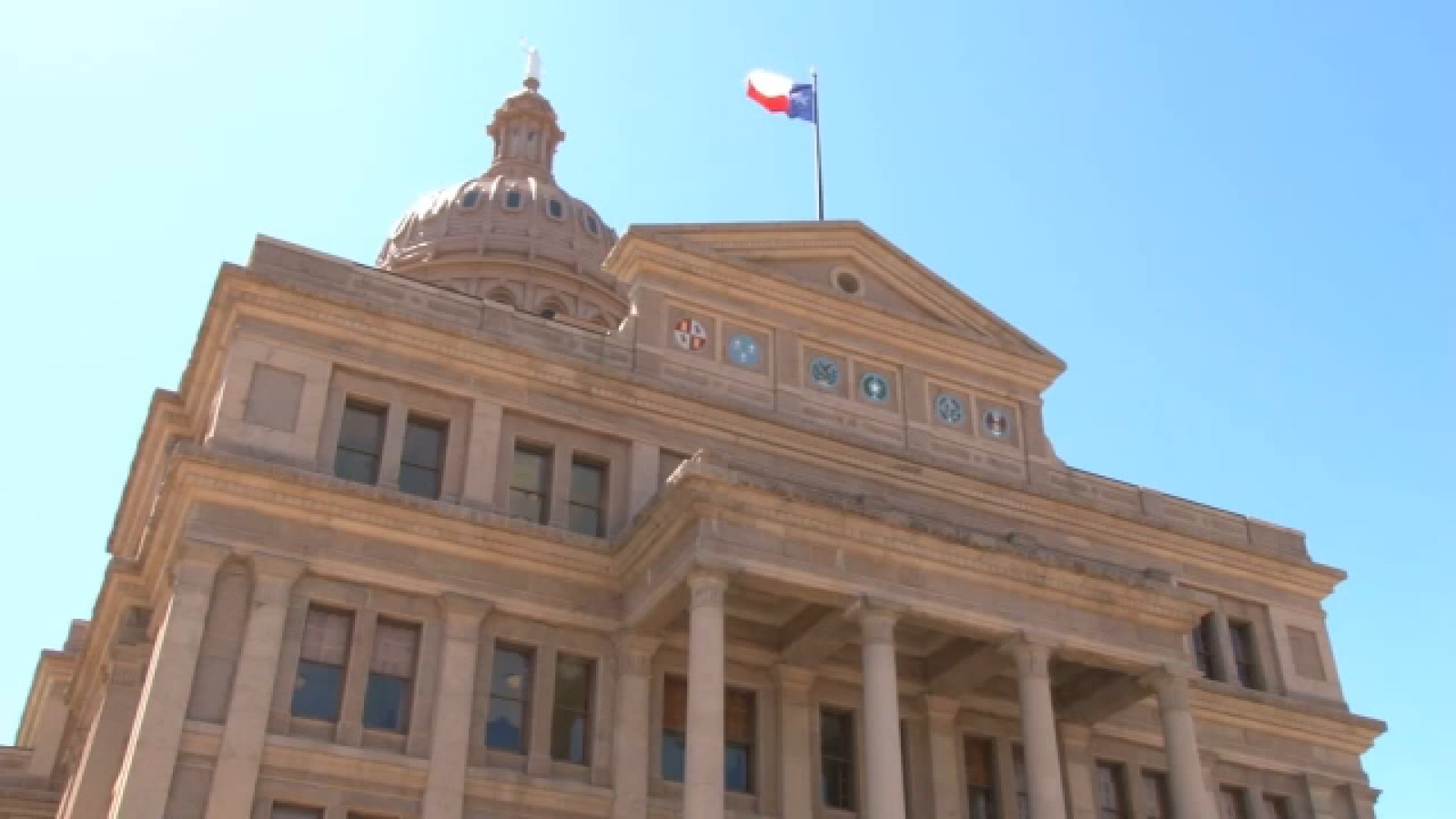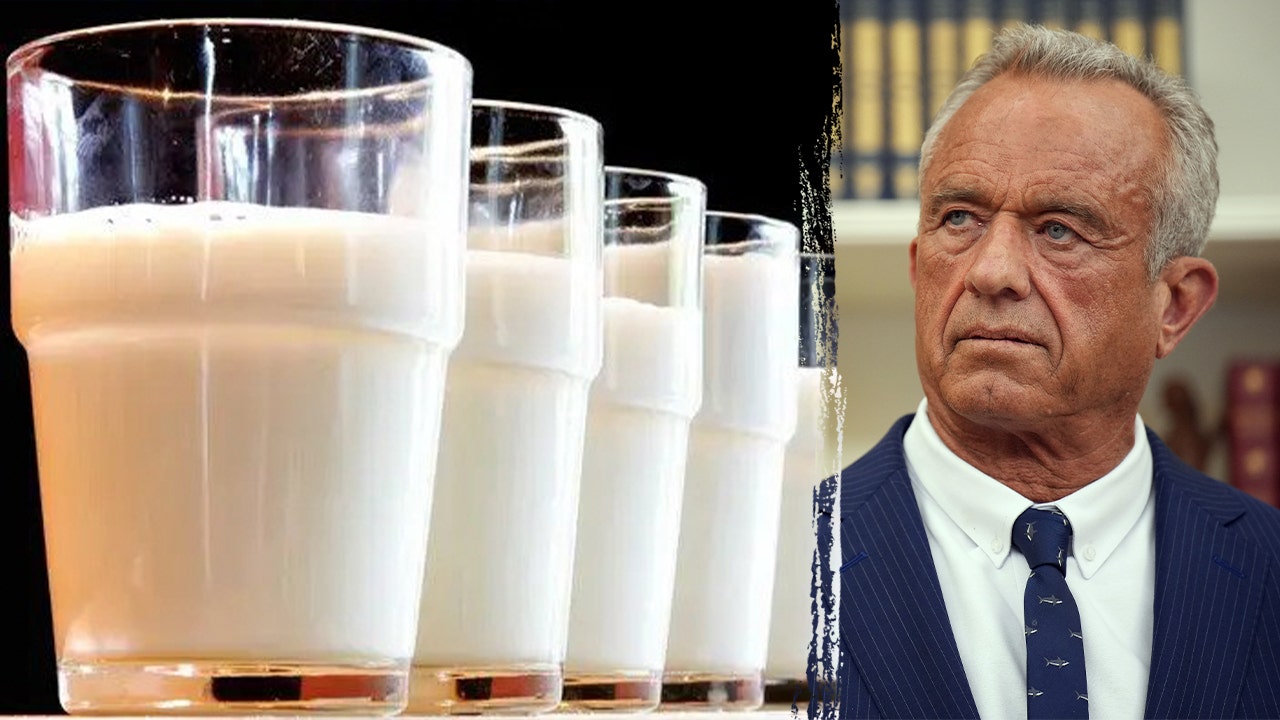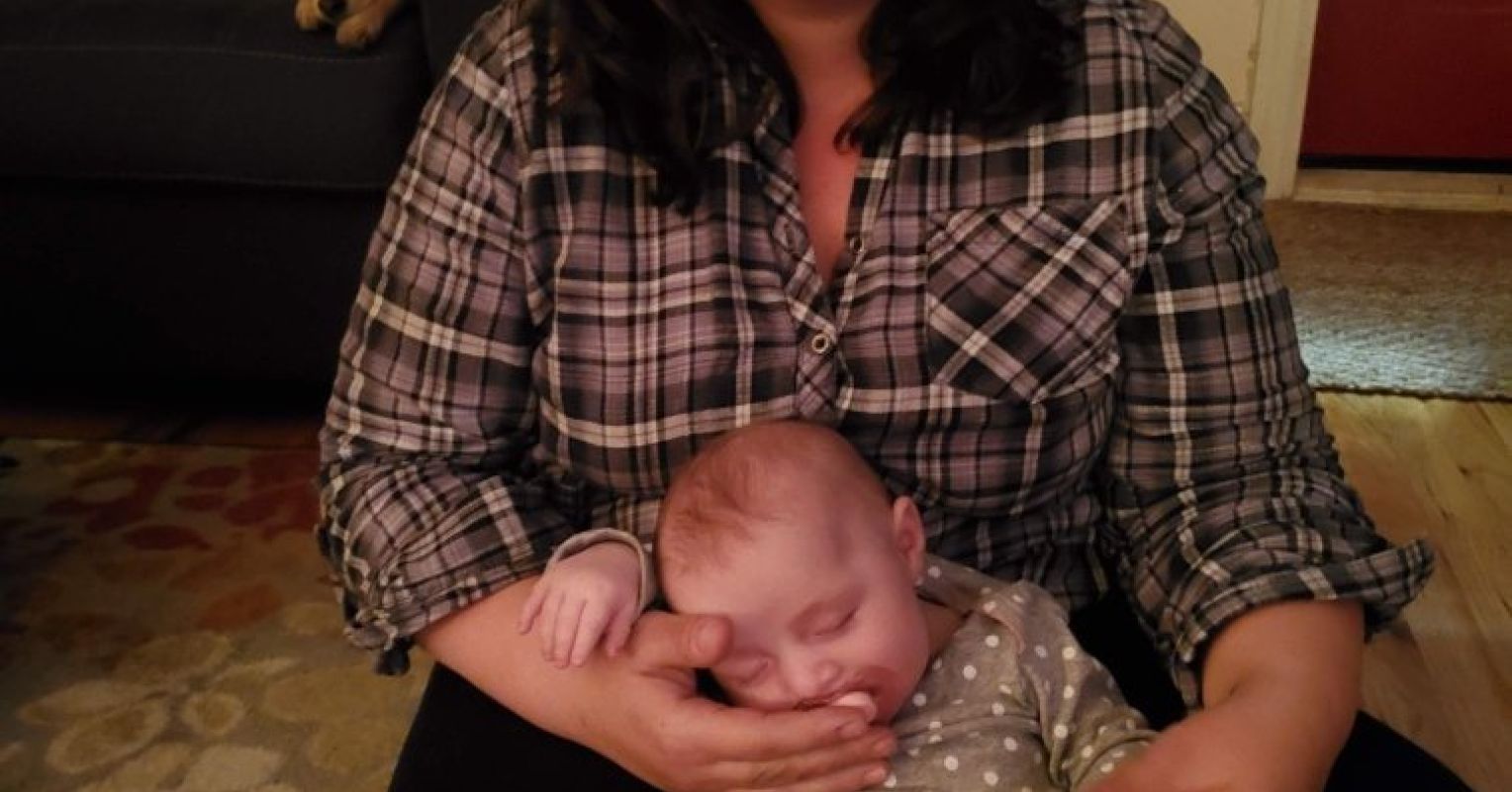Trump wants to force people into treatment for substance use and mental health issues : NPR

President Trump is calling for an expansion of civil commitments, where people can be forced into treatment for substance use and mental health issues. The idea is picking up steam. But do they work?
STEVE INSKEEP, HOST:
The president wants to force people into treatment for substance abuse and mental health issues. In an executive order over the summer, the president called for putting homeless people into, quote, “long-term institutional settings for humane treatment.” And he asked the attorney general to try to reverse court rulings that would get in the way of that. There’s a track record here. In Massachusetts, people have been ordered into civil commitment for decades. The state has one of the highest rates of involuntarily committing people to treatment. So how’s that working out? From member station WBUR, Deborah Becker reports.
DEBORAH BECKER, BYLINE: Boston business leader Sue Sullivan is driving behind a private security officer, patrolling an area that until two years ago was the site of a large tent encampment. It’s a busy area. There’s a hospital, a food bank and a jail. There are also several agencies offering help with homelessness, mental health and addiction. Nearby, small groups are gathered on sidewalks. A few people are nodding off, and some are openly using drugs. The businesses that hired this security and area residents want to make sure people get services and leave.
SUE SULLIVAN: It is not acceptable for the quality of life of everyone that someone has to come out of their house with their children and have someone shooting up in the neck on their front step.
(SOUNDBITE OF BEEP)
UNIDENTIFIED DISPATCHER: En route to the area of Allerton Street.
BECKER: Many residents in community meetings recently have called for more police. Sullivan says the city should either arrest or civilly commit more people to treatment. And she knows that’s controversial, especially in Massachusetts, where half of the involuntary treatment beds are in jails and prisons.
SULLIVAN: We’re not trampling on civil rights. We are giving people options to get better.
BECKER: Under a 1986 Massachusetts law known as Section 35, a family member or law enforcement can ask a judge to commit someone to addiction treatment. If a judge determines that a person’s substance use poses harm to themselves or others, they’re sent to a secure facility for up to 90 days. The rate of civil commitments in Massachusetts has been slowly declining in recent years, but the courts still send thousands of people to treatment each year.
DAVE MUNSON: On the whole, we know that it’s not an effective tool, that it doesn’t work, that it is often harmful for people.
BECKER: That’s Dr. Dave Munson with Boston’s Health Care for the Homeless Program. He served on a commission that studied the law. A 2019 report from that commission showed a higher risk of relapse and overdose after involuntary versus voluntary treatment. That’s what happened to 28-year-old Kianna Pearson. She was committed a few years ago. She says it did little more than take her inside for a few weeks.
KIANNA PEARSON: The day I got out, I got high. You can’t force somebody. Doesn’t matter how long they’re there. If they say not ready, they’re not ready. And so, like, I just – I overdosed, like, eight times in a week when I got out.
BECKER: Pearson says being committed made her feel worse about herself. She didn’t connect with the providers, and there was no follow-up after she left.
PEARSON: It was terrible.
BECKER: Why?
PEARSON: Because I didn’t think I had a problem. I definitely had a problem.
BECKER: President Trump’s executive order calls for expanding civil commitments throughout the country. Sarah Porter is head of the nonprofit Victory Programs, an addiction treatment provider in Boston. She isn’t opposed to civil commitment, but she says it’s being overused as a potential quick fix to a vexing problem.
SARAH PORTER: Sometimes that is a lifesaving tool, but a lifesaving tool and a solution to the problem are not the same thing.
BECKER: Local law enforcement is looking toward other potential solutions. Jim Borghesani, a spokesman for Boston’s district attorney, says prosecutors know that steps such as improving long-term treatment and housing can be more effective.
JIM BORGHESANI: Section 35 was not intended as a measure to help clean up streets. It really wasn’t.
BECKER: Kianna Pearson hopes authorities will keep reviewing alternatives to forcing people into treatment.
PEARSON: People forget, like, these are some people’s aunts, brothers, mothers, fathers, sisters, cousins. These are human beings.
BECKER: She’s on methadone, but says she’s reluctant to go to treatment. Her experience with involuntary commitment was so bad, she says, it’s worth spending another Boston winter living outside under a bridge.
For NPR News, I’m Deborah Becker in Boston.
(SOUNDBITE OF GAUSSIAN CURVE’S “IMPOSSIBLE ISLAND”)
Copyright © 2025 NPR. All rights reserved. Visit our website terms of use and permissions pages at www.npr.org for further information.
Accuracy and availability of NPR transcripts may vary. Transcript text may be revised to correct errors or match updates to audio. Audio on npr.org may be edited after its original broadcast or publication. The authoritative record of NPR’s programming is the audio record.
link






